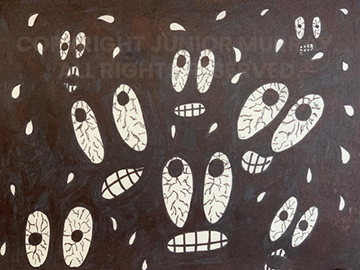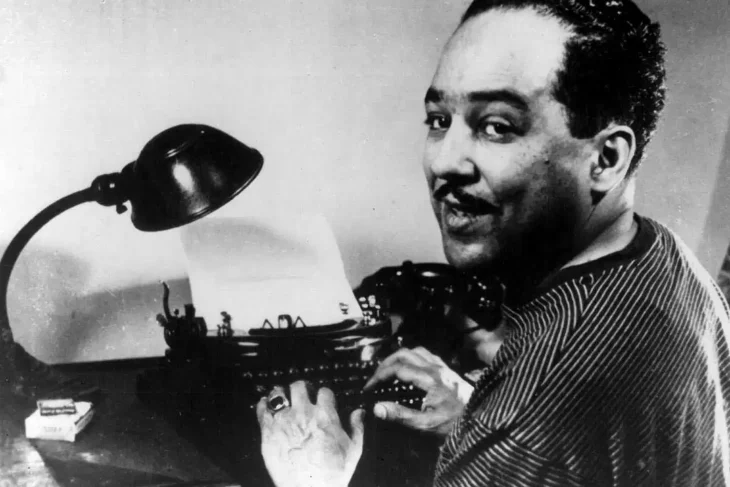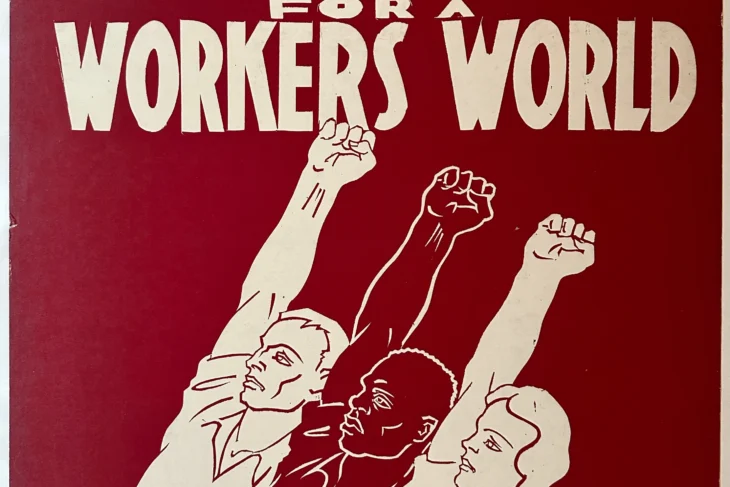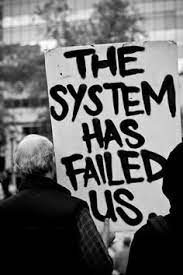
“You [demagogues] are like the fishers for eels; in still waters they catch nothing, but if they thoroughly stir up the slime, their fishing is good; in the same way it’s only in troublous times that you line your pockets.”
- — Aristophanes
The promises of demagogues and of tyrants are ever fraught with the fruits of difficulty. They create gardens of hell with the tainted seeds of heaven. A quick survey of history and an analysis of the woeful effects of such leaders and their morbid propaganda on the masses of the world can provide a plethora of examples which would, easily, substantiate this point.
When demagogues do not lead people to strain in vain to touch the stars of heaven, then the futility of the leaps and grasps of those held under their sway towards closer, more terrestrial mirages will be put to an abrupt and a fiery end by the weighty gravitas of reason and by the brutal thud of reality during the course of time.
The influences of insincere, cold, selfish, calculating, psychopathic and power hungry ideologues are not self-sustaining — they never truly are — but are as candles made of melting wax, with luminescent, blinding flames, burning themselves out, leaving the hapless populace, once clothed in the warmth of their glow, completely in the dark. The sunshine forced behind the clouds always manages to shine again, but the aftermath of the rigours of weathering upon life, between the impending pall of gloom after sunset and during the emerging rays of light at sunrise in the seasons of life, can be most uncomfortable and devastating. This is what the United States now faces with the current rise of the dark fog of right wing, oligarchic, white nationalistic, racist propaganda from its most recent cadre of demagogues.
Democracy in the country appears to be facing a moral and political eclipse. The storm clouds are no longer in the distant horizon they are already upon us. Amid discussions, taking place in various quarters of society, as to whether the nation will be able to survive the gale force winds of oligarchy and of totalitarianism, I imagine that concerns are being expressed about what it will look like should we manage to survive them. What would complete political disaster look like, and, conversely, what would political survival look like? Will democracy die, and, then, like a caterpillar, emerge, in an evolutionary sense, shedding all of the shackles of its present imperfections and be transmuted into a new, and an incipient political form of government which will transcend, in the best possible ways, democracy as we now know it, and also communistic, socialistic, oligarchic and totalitarian political systems?
Tony Blair, former Prime Minister of the United Kingdom, in an article that he wrote in 2014, made the following observations about the state of liberal democracy in the world. They are sublime words for all freedom loving people to consider today as the odious shadows of unwanted political change threaten to engulf the world:
“We have become complacent about democracy. It remains the system of choice. It remains what free people freely choose. But it has what I would call an “efficacy” challenge: Its values are right, but it is too often failing to deliver. In a world of change, where countries, communities and corporations must constantly adapt to keep up, democracy seems slow, bureaucratic and weak. In this sense it is failing its citizens. Why has this happened and what should we do about it?
We have forgotten that theories are only as good as they work in practice. So the technical nuts and bolts of democratic systems matter. The basic principle that the people should elect their government remains popular and obviously right, but its implementation seems to have gone awry. It is time to debate how to improve democracy, how to modernize it.”
Between the plunge into the darkness of such anxious uncertainties and a reemergence from whatever turmoil it will bring, how long might we and, indeed, the rest of the world have to endure the anxieties of political night? A few months? A few years? Decades? Generations? In the absence of moral light, when man-made shadows are allowed, more and more, to fall and shroud universally accepted truths with spurious ambiguities which tend towards warped political ends — what will the assertions about American democracy look like, those routinely trumpeted to the world since the nation’s inception? In fact, even before the current philosophical and ideological threats that it now faces came into being, its basic tenets and its lack of consistency in practicing them have been challenged by the disenfranchised living within its borders for centuries.
Perhaps how the country will respond when the light that it emits to the world from its proverbial “city on a hill” — if and when it is temporarily blocked from view by the hand of providence — will be yet another opportunity for it to prove that what it wrote in the Constitution and in the Bill of Rights it really believes, especially in the face of the towering, anti-democratic behemoths which seem set to block its path and to destroy it with drawn swords and broad shields from within and without. The simple truth that birds will chirp and that dogs will bark are universally accepted facts that are not likely to change or to be disputed after the storm of political irrationalities and torrid misinformation has passed. But, what of the vaunted assertions of democracy that have been loudly raised and stoutly defended for so many years? Will there be “alternate facts” posited against such noble claims, as some have dared to do against the tried and true body of accumulated knowledge and of unassailable morality? “How long, oh, Lord, how long?”
In England, King Charles I became heir to the throne on the death of his brother, Prince Henry, in 1612. He succeeded, as the second Stuart King of Great Britain, in 1625. A sweltering heatwave bringing searing controversy and paralyzing disputes dogged his reign. They eventually led to civil wars, first with the Scots from 1637, in Ireland from 1641, and then England (1642–46 and 1648). The political desert that it created lasted for 24 years. But look at Great Britain today. The unbridled excesses of monarchy were brought to an end, tempered by much stronger representational politics through a vibrant Parliament. In respect to America I ask, when all is said and done, “How long, oh, Lord, how long?”
The social, cultural, political and economic forces which congealed into a blizzard and brought Adolf Hitler to power at the beginning of 1933 hovered over the country for a little over 12 years. It wreaked much fear, deep corruption, stifling oppression, unbelievable death and appalling destruction in that country as well as to other peoples of the world through his reckless demagoguery, before it came to an inglorious, humiliating and cataclysmic end in 1945. But look at Germany today, a great leader of democracy among nations on the European continent. In respect to America I ask, after all is said and done, “How long, oh, Lord, how long?”
The seismic shaking of Apartheid in South Africa began in 1948 and it came to a relatively peaceful end in 1994. That political earthquake lasted for a tumultuous, heartrending and bloody period of 46 years. During that time, the plight of Black South Africans, which had existed long before due to white European domination, was greatly exacerbated by it. But, look at the Republic of South Africa today where Black and white, rich and poor live in relative peace and harmony. Yet another example of a political cocoon in history which provided a nation with wings of liberty, justice and truth which it never had before. How will America fare during this time of testing? And, once more I ask, “How long, oh, Lord, how long?”
But despite such gut-wrenching importunate pleadings to heaven, the American people, those who still have a clear and an unobstructed view of the Constitution and of its attendant Bill of Rights, cannot afford to sit idly by. Apathy is never, in any lexicon of man, synonymous with effectual prayer. We must not sit with a false hope on the margins of the battlefield of life and wait on time. I believe that the late Dr. Martin Luther King, Jr. was right when he said:
“Time itself is neutral; it can be used either destructively or constructively. More and more I feel that the people of ill will have used time much more effectively than have the people of goodwill. We will have to repent in this generation, not merely for the hateful words and actions of the bad people but for the appalling silence of the good people. Human progress never rolls in on wheels of inevitability; it comes through the tireless efforts of men willing to work to be co-workers with God, and without this hard work, time itself becomes an ally of the forces of social stagnation. We must use time creatively, in the knowledge that the time is always ripe to do right.”



